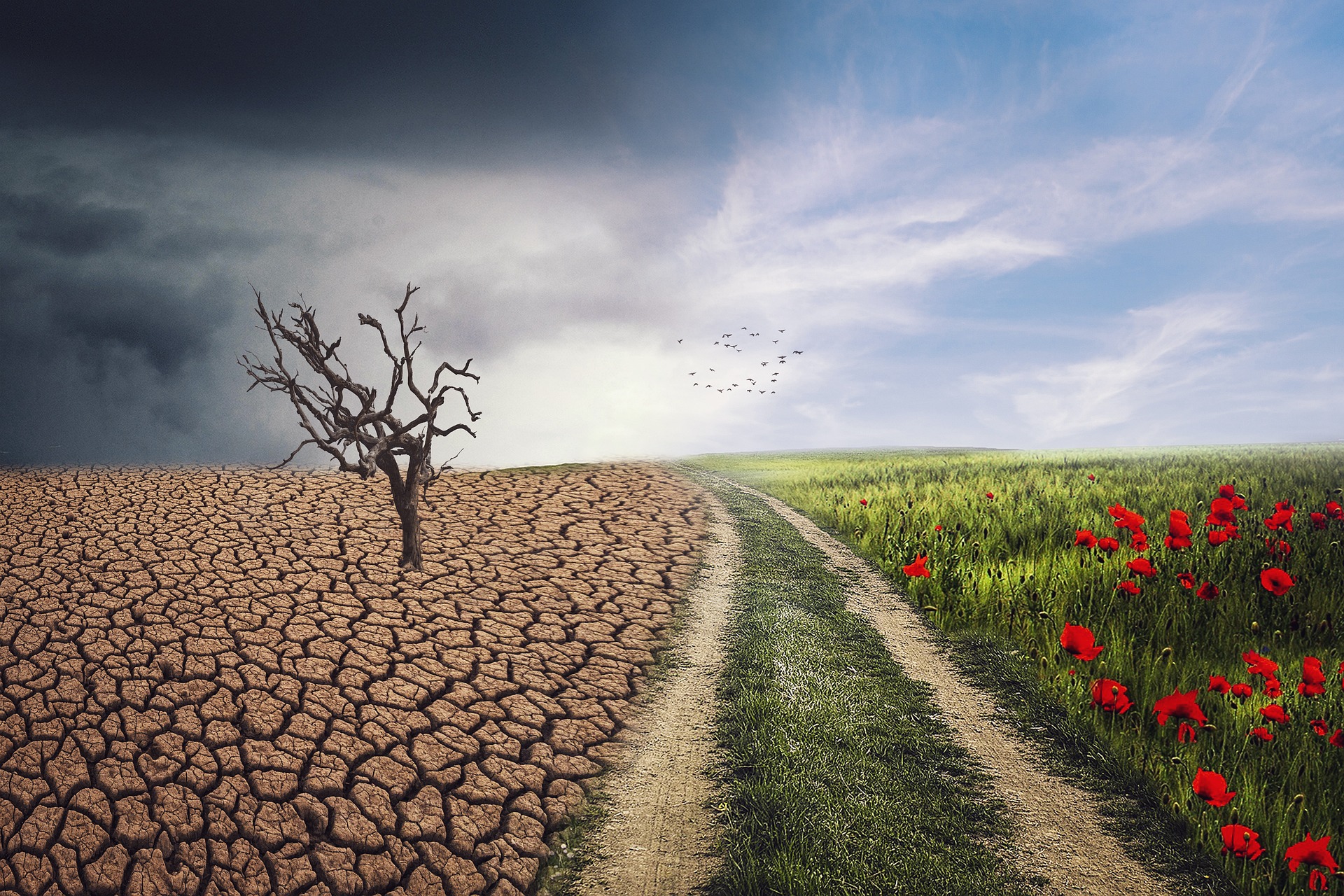
403
Sorry!!
Error! We're sorry, but the page you were looking for doesn't exist.
WMO reports around 118M people in Africa to face severe climate change impacts by 2030
(MENAFN) According to a report released by the World Meteorological Organization (WMO) on Monday, nearly 118 million people in Africa are projected to face severe climate change impacts by 2030 if no significant measures are implemented. The report, titled *State of the Climate in Africa 2023*, highlights that up to 118 million extremely poor individuals—those living on less than USD1.90 per day—will be vulnerable to severe droughts, floods, and extreme heat across the continent if appropriate response strategies are not adopted. This situation underscores the urgent need for substantial investments in climate adaptation and resilience-building efforts to mitigate these adverse effects.
The economic impact of climate change is already profound, with African nations experiencing annual losses of 2–5 percent of their Gross Domestic Product (GDP) due to climate extremes. Many countries are also allocating up to 9 percent of their budgets to address these challenges. For sub-Saharan Africa alone, the cost of adaptation is expected to be between USD30–50 billion annually over the next decade, which represents 2–3 percent of the region's GDP. This financial strain threatens to undermine poverty alleviation efforts and stifle economic growth, placing immense pressure on the continent’s development goals.
The WMO report points out that Africa has been warming at a rate faster than the global average over the past 60 years. The year 2023 has been particularly devastating, as it has been confirmed as the warmest on record. The continent has faced a series of extreme climate events this year, including deadly heat waves, heavy rains, floods, tropical cyclones, and prolonged droughts. These events have resulted in significant loss of life, widespread displacement, and substantial economic damage across various regions.
In 2023, regions such as the Horn of Africa, southern Africa, and North-West Africa have struggled with severe multi-year droughts, while other areas experienced extreme precipitation leading to catastrophic flooding. These climate extremes have not only exacerbated existing vulnerabilities but have also created new challenges for affected communities. Addressing these issues requires urgent and coordinated global efforts to enhance climate resilience and support sustainable development in Africa.
The economic impact of climate change is already profound, with African nations experiencing annual losses of 2–5 percent of their Gross Domestic Product (GDP) due to climate extremes. Many countries are also allocating up to 9 percent of their budgets to address these challenges. For sub-Saharan Africa alone, the cost of adaptation is expected to be between USD30–50 billion annually over the next decade, which represents 2–3 percent of the region's GDP. This financial strain threatens to undermine poverty alleviation efforts and stifle economic growth, placing immense pressure on the continent’s development goals.
The WMO report points out that Africa has been warming at a rate faster than the global average over the past 60 years. The year 2023 has been particularly devastating, as it has been confirmed as the warmest on record. The continent has faced a series of extreme climate events this year, including deadly heat waves, heavy rains, floods, tropical cyclones, and prolonged droughts. These events have resulted in significant loss of life, widespread displacement, and substantial economic damage across various regions.
In 2023, regions such as the Horn of Africa, southern Africa, and North-West Africa have struggled with severe multi-year droughts, while other areas experienced extreme precipitation leading to catastrophic flooding. These climate extremes have not only exacerbated existing vulnerabilities but have also created new challenges for affected communities. Addressing these issues requires urgent and coordinated global efforts to enhance climate resilience and support sustainable development in Africa.

Legal Disclaimer:
MENAFN provides the
information “as is” without warranty of any kind. We do not accept
any responsibility or liability for the accuracy, content, images,
videos, licenses, completeness, legality, or reliability of the information
contained in this article. If you have any complaints or copyright
issues related to this article, kindly contact the provider above.
















Comments
No comment